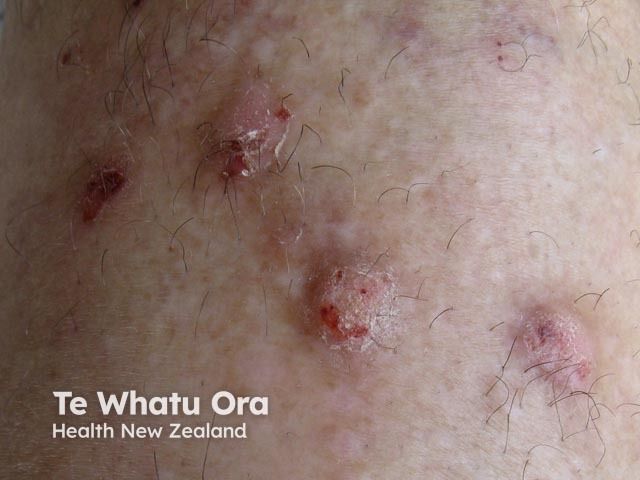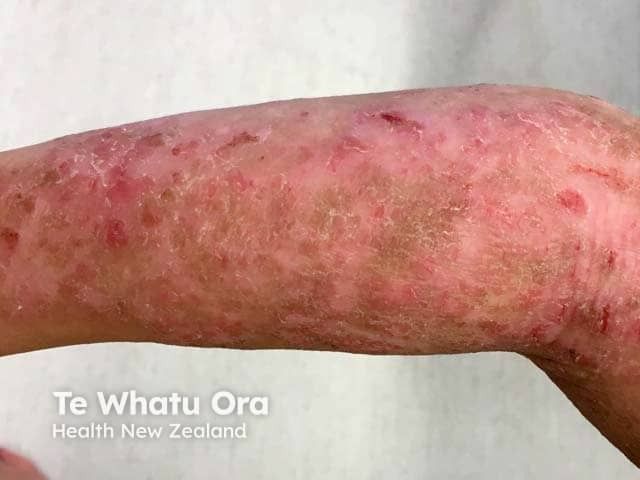
Atopic Dermatitis
Latest News

Latest Videos

CME Content
More News

The new PDUFA date is set for September 2025.

Anabela Cardoso, MD, shares data from the phase 3b ADmirable trial—the first study to evaluate the safety and efficacy of lebrikizumab in patients with moderate to severe AD and pigmented skin.

A real-world study shows the effectiveness of upadacitinib and abrocitinib for moderate to severe atopic dermatitis after 52 weeks of treatment.

Catch up on all updates and advancements shared at this year's Revolutionizing Atopic Dermatitis (RAD) Conference in Nashville, Tennessee.

Discover insights from Peter Lio, MD, on precision medicine in pediatric atopic dermatitis and the promising role of ruxolitinib at the RAD 2025 Conference.

At RAD 2025, Maureen Offiah, MD, reflected on the sessions she felt were the most impactful as an attendee.

Maureen Offiah, MD, reflected on the key takeaways as an attendee at the 2025 Revolutionizing Atopic Dermatitis (RAD) Conference in Nashville, Tennessee.

At RAD 2025, Matthew Zirwas, MD, explored the distinct clinical profiles of IL-31 and IL-13 inhibitors, highlighting nemolizumab’s potential superiority for itch relief.

At RAD 2025, the DISCOVER trial showed that dupilumab monotherapy significantly improved moderate to severe AD symptoms in this patient population.

At RAD 2025, Christopher Bunick, MD, PhD, presented data on amlitelimab and rocatinlimab, highlighting their potential to suppress cytokine signaling and more.
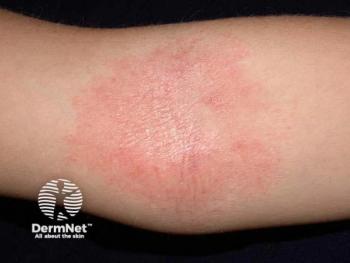
Galderma unveils promising long-term data on nemolizumab for atopic dermatitis, showcasing significant skin improvement and quality of life enhancements.
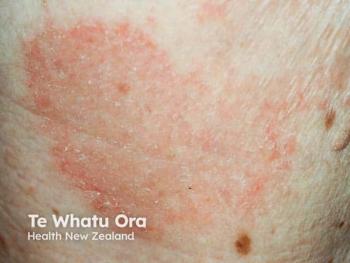
Discover innovative insights from the JADE REAL study on flexible dosing of abrocitinib for managing moderate to severe atopic dermatitis.

Recent research presented at the 2025 RAD Meeting explored the use of ruxolitinib cream in combination with systemic therapy.

Raj Chovatiya, MD, PhD, MSCI, discussed his approach to personalizing treatment dosing plans with adult patients based on skin clearance and therapeutic type at RAD 2025.

At RAD 2025, Brad Glick, DO, MPH, reviewed the clinical signs of topical steroid withdrawal, the need for detailed patient histories to distinguish it from severe AD flares, and the role of targeted non-steroidal and systemic therapies.

At RAD 2025, Vimal H. Prajapati, MD, shared phase 4 data from the CAN UpTIMISE study that shows switching to upadacitinib after inadequate response with dupilumab achieved rapid and significant improvements in skin clearance, itch, and QOL.

At the 2025 Revolutionizing Atopic Dermatitis Conference, Gil Yosipovitch, MD, explored the pathophysiology of chronic itch through the lens of type 2 cytokine inhibition, neuromodulatory therapies, and more.

Catch up on coverage from the final day of the 2025 Revolutionizing Atopic Dermatitis Conference held in Nashville, Tennessee.

At RAD 2025, Christopher Bunick, MD, PhD, presented 6-month data from the CorEvitas AD Registry, highlighting clinically meaningful skin clearance, itch reduction, and more in bio-naïve and bio-experienced adults treated with upadacitinib.

At RAD 2025, Eli Lilly revealed promising results for lebrikizumab in treating atopic dermatitis in patients with skin of color.

At RAD 2025, pediatric dermatologist Lisa Swanson, MD, and allergist Anne Marie Singh, MD, led a dual session aimed at demystifying the connection between food allergy and atopic dermatitis.

At the 2025 Revolutionizing Atopic Dermatitis Conference, Leon Kircik, MD, highlighted the safety of JAK inhibitors, clarified misconceptions around boxed warnings, and discussed the clinical relevance of recent label updates for abrocitinib.

At RAD 2025, Tiffany Mayo, MD, emphasized the need for clinicians to recognize shared inflammatory mechanisms between AD and AA.
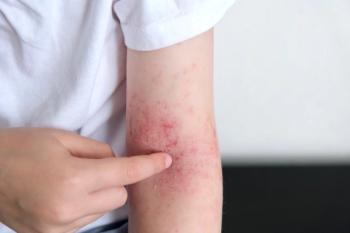
Data presented at the 2025 RAD Conference shows dupilumab improves daily functioning, mental health, and social aspects in patients with atopic dermatitis.

Catch up on coverage from the first day of the 2025 Revolutionizing Atopic Dermatitis Conference held in Nashville, Tennessee.



